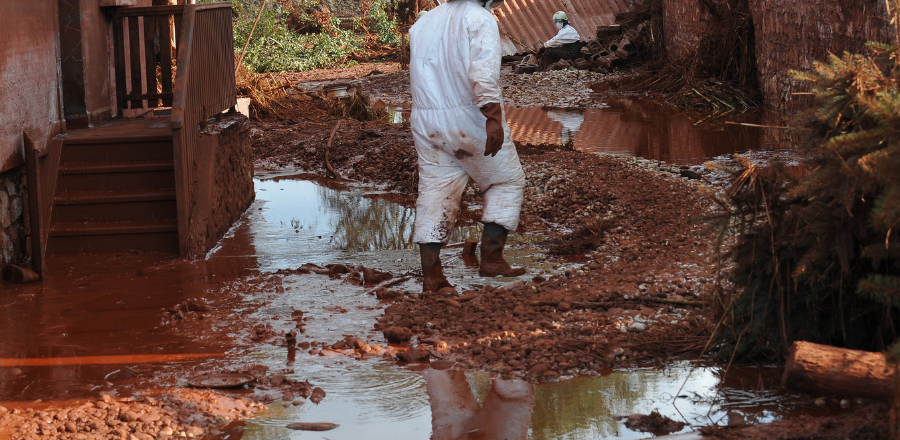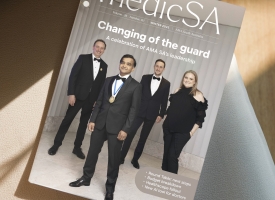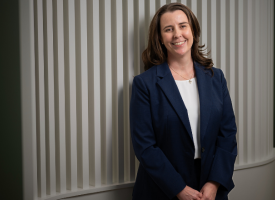AMA releases new paper on doctors’ ethical stance during pandemics and natural disasters
A new AMA statement addresses a wide range of ethical issues facing medical practitioners during pandemics and natural disasters.

A new AMA statement addresses a wide range of ethical issues facing medical practitioners during pandemics and natural disasters.
The AMA has updated its position statement on ethics and disaster responses following challenges faced by the medical profession with the COVID-19 pandemic and recent major bushfires and floods.
The AMA released its Position Statement on Ethical Considerations for Medical Practitioners in Disaster Response in Australia in 2022.
The new statement addresses a wide range of issues facing medical practitioners, including: disaster planning; the allocation of limited potentially life-sustaining resources; doctors’ role as medical advisers; the role of the AMA as a public advocate; doctors and personal risk and how they can best be supported during a disaster.
During a disaster when resources are overwhelmed, doctors will be faced with ethical challenges that do not generally occur during ordinary clinical encounters.
This requires rationing scarce resources, prioritising care for specific patients and withdrawing care and providing basic care rather than comprehensive treatment.
“The disruption and uncertainty often associated with disasters, ….. does not justify sidelining the standards of ethical behaviour expected of doctors,” says the position statement. “The values and ethical principles that guide the medical profession’s relationship with patients and the wider community during ordinary clinical circumstances must continue to be upheld during a disaster.”
The position statement says the greatest challenge during a disaster would be the allocation of potentially life-sustaining resources and “may involve decisions not to actively treat gravely-injured individuals who cannot be saved in the specific circumstances of time and place in order to treat others who can be saved”.
It calls for specific protocols at health care facilities, developed before a disaster, to support doctors and health care teams in making difficult resource allocation decisions in a disaster.
“Protocols or ethical frameworks should be developed in consultation with and supported by the medical profession and the wider community,” says the position statement.
“Such consultation facilitates greater professional and community understanding and acceptance of why certain decisions are made, including those where particular individuals are not offered potentially life-sustaining resources.”



